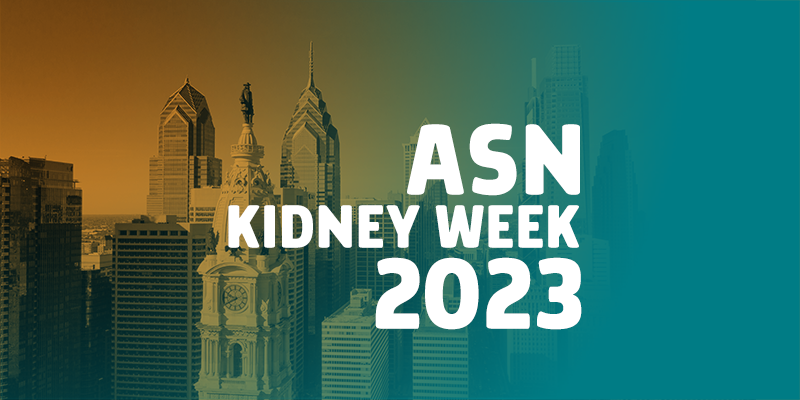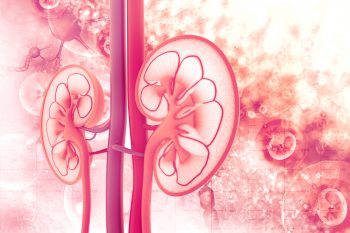
Solid organ transplant recipients represent a population that is immunocompromised and at high risk of infection. Jad Fadlallah and colleagues at the University Health Network, Toronto, Ontario, Canada, recently conducted a study to examine the impact of the COVID-19 pandemic on anxiety symptoms in that patient population.
The researchers reported results of the study during a poster session at the American Society of Nephrology Kidney Week 2023. The poster was titled Evaluating the Effect of COVID-19 Pandemic on Anxiety in Solid Organ Transplant Recipients.
The analysis utilized data from a cross-sectional sample of adult kidney, kidney-pancreas, liver, and liver-kidney transplant recipients who were recruited in studies validating PROMIS (Patient-Reported Outcomes Measurement Information System) tools between 1997 and 2023. The data include patient-reported demographic data and clinical data from health records. Eligible patients completed the PROMIS-29 anxiety version 2.0 using the four-item Short Form Health Survey or the PROMIS computerized adaptive test. Patients were scored on a T-score metric where higher scores indicate more anxiety symptoms.
The primary analysis compared anxiety between patients who completed the questionnaires prior to the pandemic (PRE) with patients who completed the questionnaires following the pandemic’s onset (POST). In a secondary analysis, the POST group was further stratified into those who received a solid organ transplant prior to the pandemic (POST-B) and those who received a transplant following the onset of the pandemic (POST-A).
Two-sample t-test and linear regression, adjusted for organ type, age, sex, ethnicity, education, marital status, economic disadvantage, comorbidity, time since transplant, and serum albumin and hemoglobin, were used to compare scores on the PROMIS-29 anxiety test.
The cohort included 682 participants. Of those, 62% (n=422) were male, and mean age was 53 years. In the primary analysis, those in the POST cohort had higher mean PROMIS-29 anxiety scores than those in the PRE cohort (54 vs 52; P=.004). In the fully adjusted regression model, anxiety scores were significantly higher (coefficient, 2.9; 95% CI, 0.9-4.9; P=.007).
In the secondary analysis, results of the fully adjusted regression model revealed an association between the timing of the transplant (prior to or after COVID-19 onset) status and anxiety scores (reference: PRE; POST-A, coefficient, 4.2; 95% CI, 0.8-7.6; P=.019; POST-B, coefficient, 2.4; 95% CI, 0.6-5.4).
“Anxiety scores collected in this sample of solid organ transplant recipients were higher after the onset of the pandemic. These findings suggest that mental health support for solid organ transplant recipients is relevant and important in the context of the pandemic. Longitudinal studies can assess the development of anxiety symptoms in the future,” the authors said.
Source: Fadlallah J, Samudio AM, Groe K, Jahed M, Mucsi I. Evaluating the effect of COVID-19 pandemic on anxiety in solid organ transplant recipients. TH-PO1089. Abstract of a poster presented at the American Society of Nephrology Kidney Week 2023; November 2, 2023; Philadelphia, Pennsylvania.







 © 2025 Mashup Media, LLC, a Formedics Property. All Rights Reserved.
© 2025 Mashup Media, LLC, a Formedics Property. All Rights Reserved.